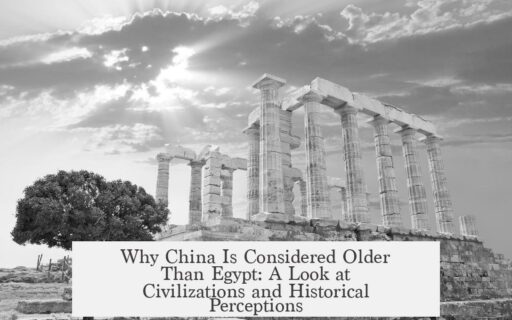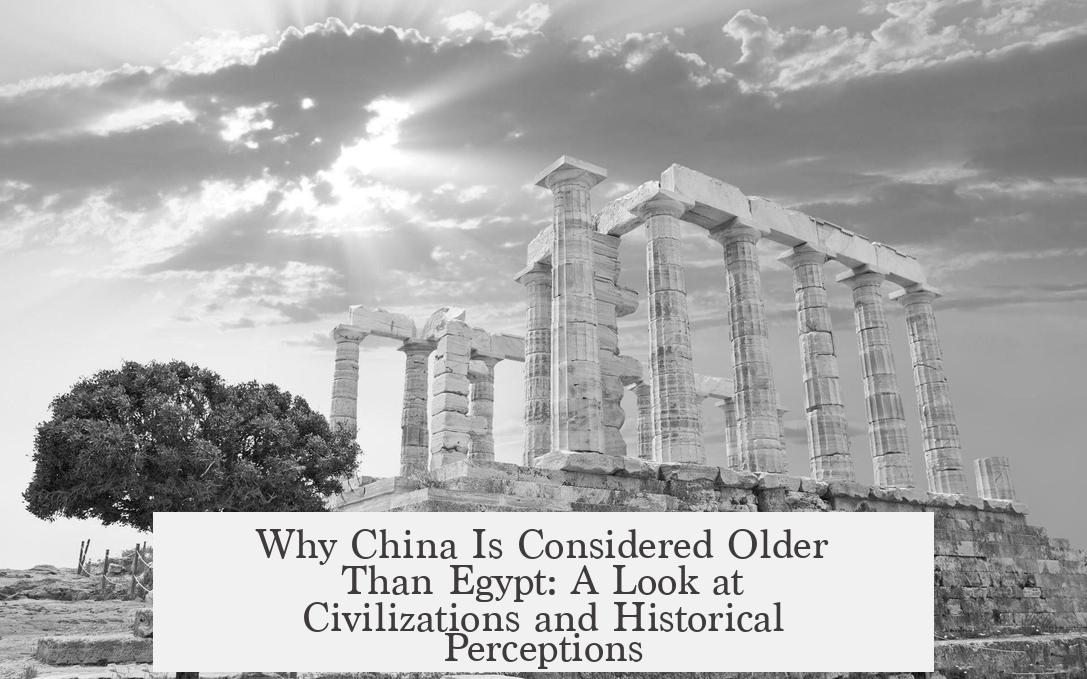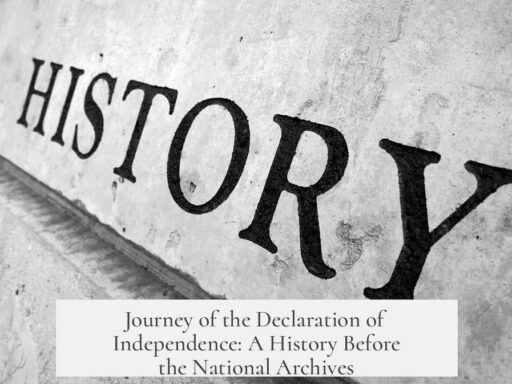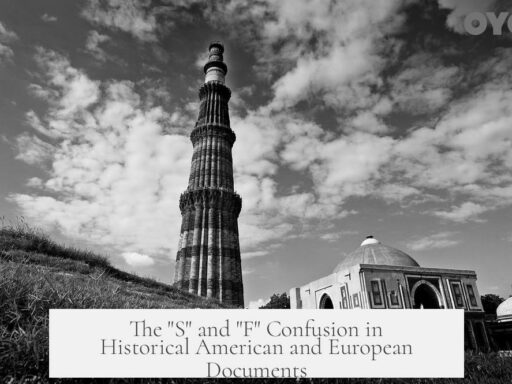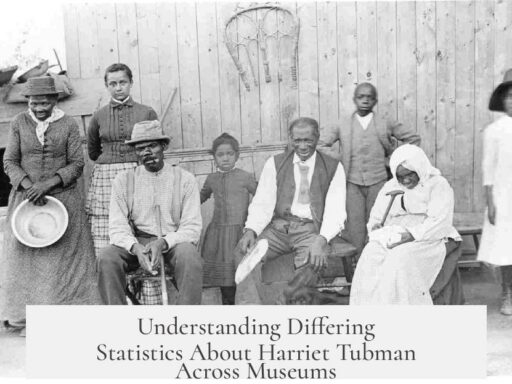China is considered older than Egypt primarily due to the argument of its continuous civilization, despite both having ancient origins. This continuity sets China apart and contributes to the perception of it being older.
The idea that China is older often stems from its continuous cultural, political, and social development, tracing back thousands of years without a significant break. Egypt, while ancient and historically rich, experienced more disruptions and foreign rule, which some historians argue interrupt its cultural continuity.
China’s civilization dates back to the Shang dynasty around 1600 BCE. Supporters of China’s uninterrupted civilization highlight how cultural elements, language, and governance systems evolved steadily since then. This ongoing cultural thread is a key reason why many consider China’s civilization as the oldest continuous one.
Conversely, some historians dispute this unbroken chain of Chinese civilization. They point out periods of fragmentation, foreign invasions, and cultural shifts that challenge the idea of uninterrupted succession from ancient dynasties to modern times. For example, during the fall of dynasties, cultural and political systems often changed significantly.
Egypt’s civilization began even earlier, around 3100 BCE, making it one of the world’s oldest created cultures. However, Egypt underwent several interruptions due to conquests by Persians, Greeks, Romans, and others. These interruptions are why some historians hesitate to call Egyptian civilization entirely continuous.
Popular perception plays a role. The large population of China and its long recorded history influence public belief that China is the oldest civilization. However, this is not solely a matter of age but also about how uninterrupted the cultural and societal development has been over millennia.
- China’s claim of being older revolves around its cultural continuity since the Shang dynasty.
- Egypt is older in age but experienced more breaks in its civilization’s development.
- Historians debate the extent of continuity in both civilizations.
- Popular views often confuse the number of people and historical continuity.
Why Is China Considered Older Than Egypt? The Real Story Behind the Age of Civilizations
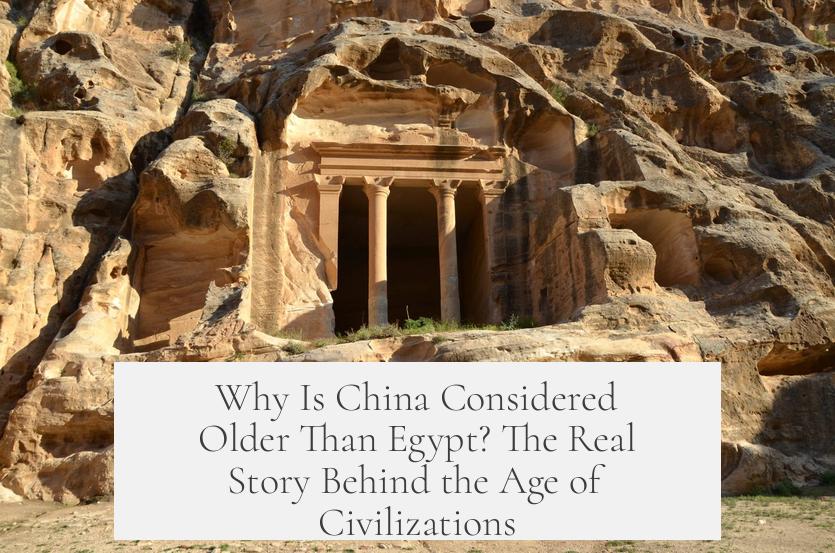
When someone asks, “Why is China considered older than Egypt?” the short answer is this: China is often called the world’s oldest continuous civilization, whereas Egypt’s ancient civilization is older but experienced breaks in continuity. This subtle but important difference—continuity—is the key to understanding why China often claims the crown for ancient civilizational age.
Let’s dive into the details. You might be surprised by what you find.
When Popular Perception Meets History
If you search the internet, you’ll notice that many people, especially in China and beyond, say China is the oldest civilization. Partly, this comes from the simple fact that China has a gigantic population—more people talk about it, to put it simply. This can skew popular belief. But history is rarely about popularity; it’s about evidence. And in history, Egypt’s roots extend much further back into antiquity.
The Egyptian civilization—famously known for its pyramids, hieroglyphs, and pharaohs—dates back to around 3100 BCE. China’s earliest recorded dynasty, the Xia, is thought to have started around 2070 BCE, followed by the Shang and Zhou dynasties. So straight-up numeric age? Egypt wins. But that’s only the start of the story.
The Question of Continuous Civilization
The real debate arises when we talk about continuity. It’s one thing for a civilization to arise a long time ago. It’s quite another for it to continue unbroken, through wars, invasions, and social upheavals, sustaining its core cultural and political features across millennia.
China claims this kind of continuous civilization. Many historians and Chinese scholars highlight how despite dynastic changes and turmoil, core elements of Chinese culture, language, bureaucratic governance, and worldview have persisted from the Shang Dynasty through to modern times.
User u/YensidTim posted compelling, straightforward examples that support China’s claim of a continuous civilization, which is a widely accepted view in China itself.
Think of it as a river that may change its course but never truly dries out. Chinese characters evolved but remained recognizable over thousands of years. Philosophical traditions like Confucianism and Daoism have shaped society consistently. The imperial bureaucracy, although changing forms and rulers, maintained a recognizable framework for centuries.
What About Egypt? Why Is It Seen Differently?
Egypt’s ancient civilization was undoubtedly extraordinary. But its timeline includes more pronounced breaks. The fall of the New Kingdom around 1070 BCE led to fragmented rule and more foreign control. Later, Egypt became a province of empires like the Persians, Greeks under Alexander the Great, Romans, and eventually the Arab Caliphates. Each of these epochs introduced new languages, religions, and governance.
This makes Egypt’s civilization less an unbroken strand and more a rich tapestry of different cultures layered over time.
Arguments on Both Sides
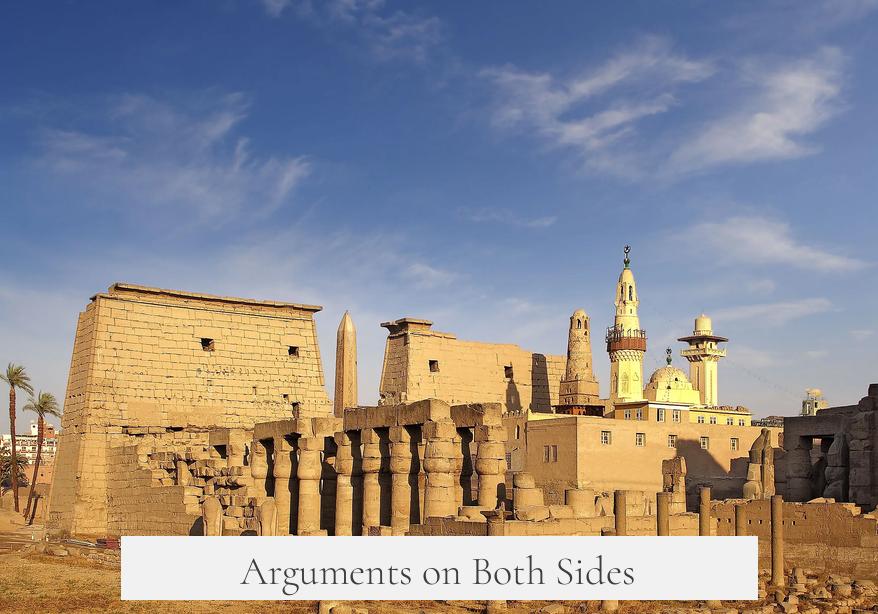
Not all historians agree on China’s uninterrupted status. Some emphasize discontinuities, arguing major breaks, including the fall of certain dynasties or foreign invasions, disrupted the flow so much that the idea of an unbroken chain is a national myth.
In a detailed response, u/EnclavedMicrostate argues that Chinese culture today isn’t a simple continuation from the Shang dynasty. This nuanced view tempers the bold claims, providing a balanced perspective.
Yet, the cultural DNA remains more connected in China than many would expect when compared with other ancient civilizations.
So, Which Is Older Then? And Why Does It Matter?
If you want a simple timeline, Egypt’s monumental civilization predates China by about a thousand years. But China’s claim rests on cultural endurance and civilizational continuity. The Chinese state has reinvented itself many times but often preserved core institutions.
This distinction is crucial. When historians say China is “older,” they often mean it has one of the longest continuous cultures on Earth. Egypt is older in origins but its culture, governance systems, and language have undergone more dramatic shifts.
Examples and Benefits of Continuity
- Imagine learning Chinese characters written 3,000 years ago and still recognizing them today. Few writing systems can claim such longevity.
- The Mandarin language evolved without disappearing entirely, unlike ancient Egyptian languages mostly lost after several centuries.
- Philosophy and governance styles like Confucianism have deeply influenced not just China but East Asia for millennia.
For Egypt, continuity exists too, but it’s more tangled with the layers of foreign influences, religions, and languages.
What Can We Learn From This?
This debate matters beyond trivia. It helps us appreciate how civilizations build on their past differently. China teaches us about the power of cultural threads that persist even through dynastic collapses. Egypt shows how civilizations evolve through intercultural exchange and transformation.
Are you fascinated by how ancient stories connect to today’s cultures? Then consider this: Age is not just about first appearance, but the ability to keep shaping identity over thousands of years.
Final Thoughts: The Age of a Civilization Doesn’t Have a Simple Answer
China is considered older than Egypt in terms of continuous civilization, but Egypt’s roots reach further back in history. Understanding this requires moving beyond popular myths to appreciate both these ancient lands on their own unique merits.
Next time someone claims “China is the oldest civilization,” you can smile and explain the subtle difference. It’s a story of endurance vs. original age—a fascinating look at how history is never black and white.
Want to explore more about ancient civilizations or the debate on cultural continuity? Let’s keep questioning and diving deeper into our shared human past.
Why is China often called the oldest continuous civilization?
China is called the oldest continuous civilization because its culture and state structures have remained relatively stable over thousands of years. Many historians and people in China highlight this unbroken cultural history from ancient times to today.
How does Egypt’s age compare to China’s civilization?
Egypt’s civilization is very ancient but experienced more significant interruptions and changes compared to China. Egypt’s history includes periods of foreign rule and cultural shifts that some argue break continuity.
What is the main argument against China having an unbroken civilization?
Some historians say China’s civilization is not fully continuous because different dynasties had distinct cultures and disruptions. They argue ancient times differ too much from current China to be called unbroken.
Does population size affect the claim of China being older than Egypt?
Population size does not affect historical age. While China has more people today, that does not mean its civilization started earlier. Age is about history, not how many people live there now.
Why is the concept of “continuous civilization” important in this debate?
This concept matters because claiming to be the oldest civilization depends on cultural and political continuity. China’s claim is largely based on having a long, direct line of cultural development without major breaks.
